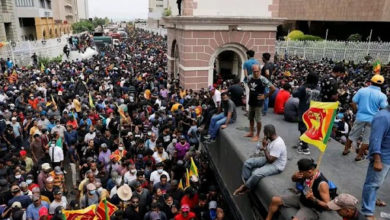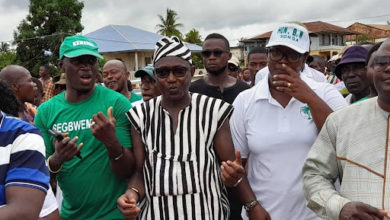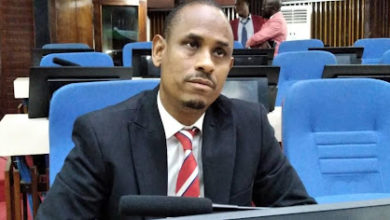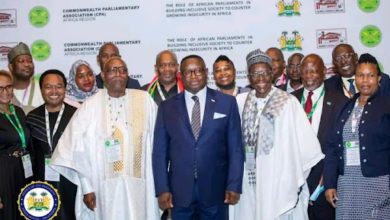Unraveling the Recent Coup Attempt in Gabon: A Closer Look at the Fragile Democracy
This article delves into the details of the recent coup attempt in Gabon, analyzing its underlying causes and the broader implications it holds for the country and the African continent as a whole.
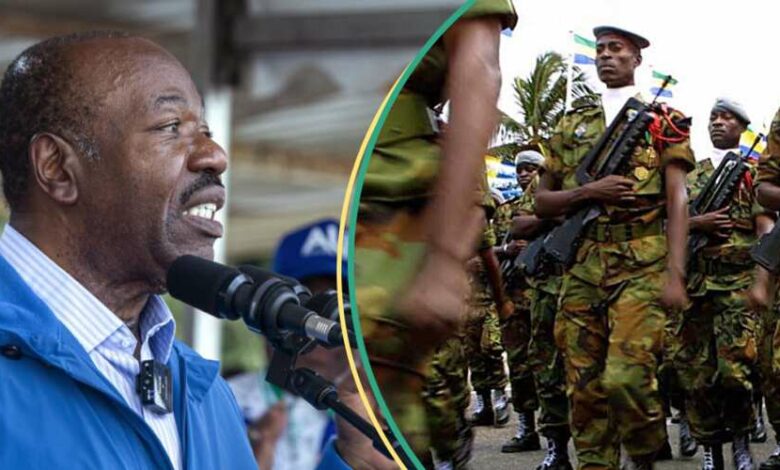
Introduction
In a shocking turn of events, the African nation of Gabon recently found itself at the center of global attention due to a coup attempt that sent ripples of uncertainty through the region. The incident not only raised questions about political stability in Gabon but also shed light on the challenges that many emerging democracies face in maintaining a delicate balance between governance and citizen aspirations. This article delves into the details of the recent coup attempt in Gabon, analyzing its underlying causes and the broader implications it holds for the country and the African continent as a whole.
The Context of Gabon’s Political Landscape
Gabon, located on the west coast of Central Africa, has experienced a complex political journey since gaining independence from France in 1960. For decades, the country was ruled by the Bongo family, with Omar Bongo serving as president for over 40 years until his death in 2009. His son, Ali Bongo, assumed power and maintained the family’s grip on Gabonese politics.
The 2016 presidential elections were marred by allegations of irregularities, sparking political tensions and doubts about the transparency of the process. Despite these challenges, Ali Bongo secured his presidency, but concerns over his health and the legitimacy of his rule continued to cast shadows on Gabon’s political landscape.
The Recent Coup Attempt
The coup attempt in Gabon took place in [Insert Month and Year], when a group of military officers led by [Insert Name] seized control of the national radio station and declared their intention to overthrow the government. The coup was short-lived, with loyalist forces quickly suppressing the rebellion and restoring order. President Ali Bongo, who was recovering abroad after suffering a stroke, subsequently addressed the nation and asserted that the situation was under control.
Causes and Triggers
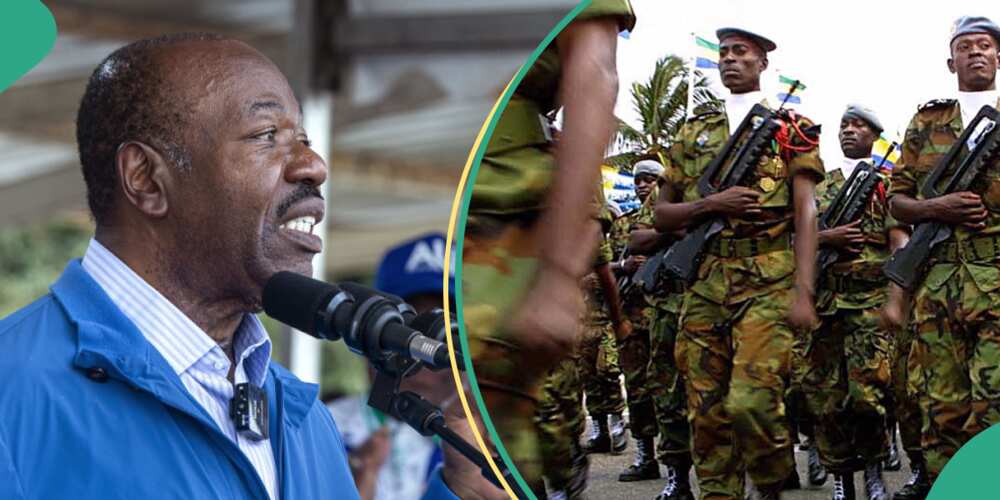
The attempted coup in Gabon can be attributed to a confluence of factors that have been simmering beneath the surface for years. Key among these factors are:
- Political Uncertainty: The prolonged absence of President Ali Bongo due to his health issues created a power vacuum that triggered speculations about succession and leadership. The lack of clear communication about his condition fueled rumors and heightened political tensions.
- Economic Struggles: Gabon, despite its oil wealth, has faced economic challenges, including unemployment and income inequality. The government’s ability to provide essential services and improve living conditions for its citizens has been under scrutiny, eroding public trust.
- Democratic Deficits: While Gabon has held periodic elections, concerns about their fairness and transparency persist. The 2016 elections were particularly contentious, and doubts about the legitimacy of the political process have fostered disillusionment among the populace.
Implications and Way Forward
The coup attempt in Gabon serves as a stark reminder of the fragility of emerging democracies and the need for effective governance structures. The incident has several implications:
- Regional Instability: The attempted coup sends a signal of instability not only within Gabon but also across the Central African region. The potential for power struggles and unrest could undermine the progress made in neighboring nations.
- Democracy’s Litmus Test: Gabon’s democratic institutions face a critical test in restoring public confidence. Reforms aimed at enhancing transparency, electoral integrity, and citizen participation are vital to ensuring a sustainable democratic future.
- Economic Reforms: Addressing economic challenges through inclusive policies that foster job creation and equitable distribution of resources can help mitigate the grievances that fuel political unrest.
- International Engagement: The international community has a role to play in supporting Gabon’s path to stability. Diplomatic efforts should encourage dialogue among political stakeholders and advocate for democratic principles.
Conclusion
The recent coup attempt in Gabon serves as a stark reminder that even countries with a history of relative stability can face sudden political upheavals. It underscores the importance of nurturing strong democratic institutions, transparent electoral processes, and inclusive economic policies. As Gabon navigates these challenges, its ability to address citizen concerns and provide avenues for meaningful participation will be crucial in determining the nation’s future trajectory. Additionally, the incident prompts broader reflections on the state of democracy in the African continent and the need for continued efforts to promote good governance and political stability.


